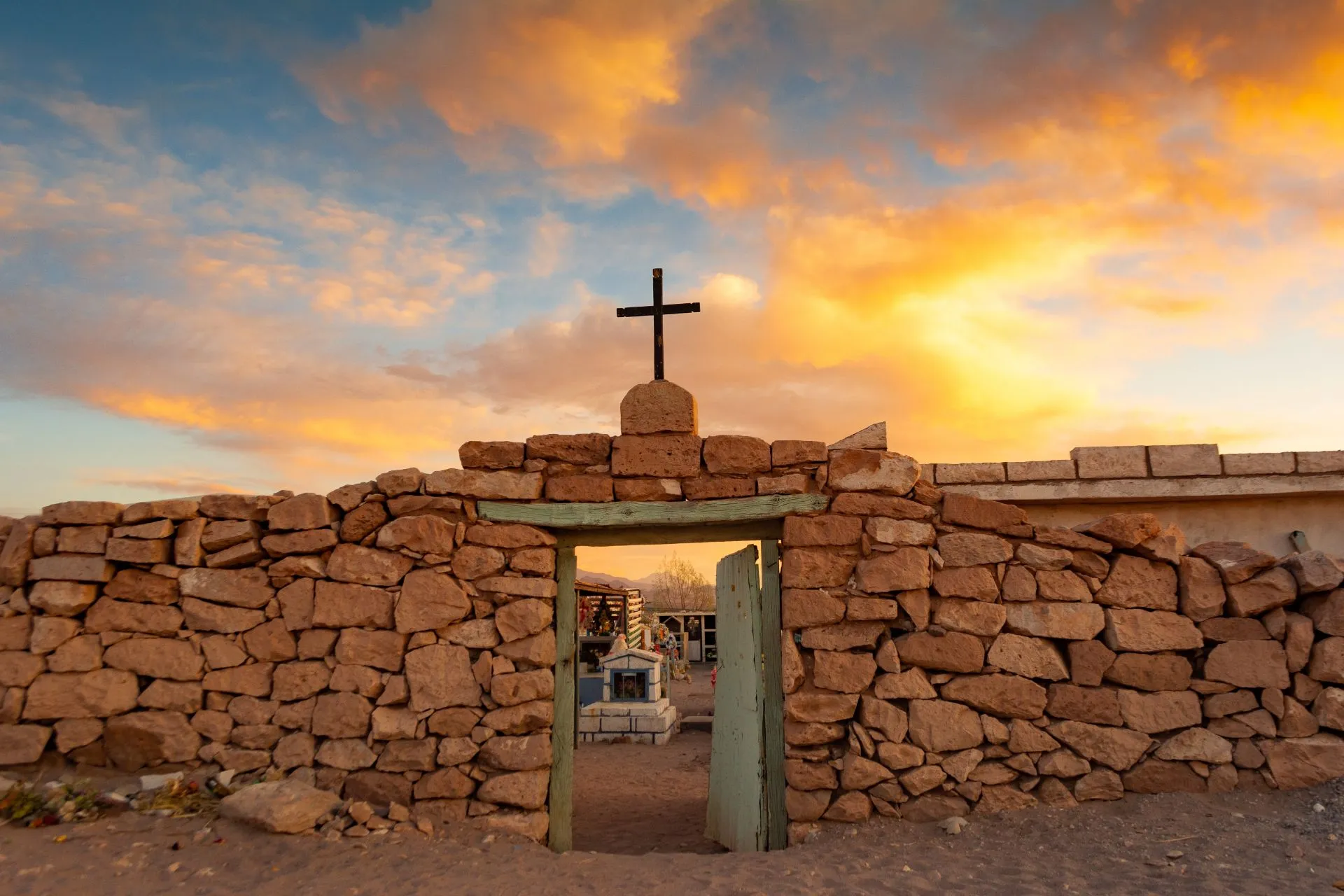In the first part of this article we will look at the strength from God’s sovereignty over past history. A key to the biblical response to persecution is the belief that God is sovereign over history.
1. The account of the first time the Apostles encountered persecution from the Jewish authorities shows this. The first thing they did was to go “to their friends” (Acts 4:23). The Greek word used there indicates that these friends were close companions. This is important for all who face persecution. They need to have a close group of friends to whom they can go when we are attacked. When we know that our friends or those we lead are facing persecution we should make it a priority to ensure that they have our support and the support of other Christians. Ideally someone, especially their leader, should visit them immediately and offer them support.
2. When the friends heard the news of prohibition to preach from Peter and John they responded with united (Greek: “with one mind”) prayer (Acts 4:24). Unity among the believers is a great strength during times of persecution. History shows that persecution often unified the church as Christians realised they need each other when under attack. Sadly, however, some Christians choose not to associate themselves with persecuted Christians as that would make them also liable to being opposed.
History shows that persecution often unified the church as Christians realised they need each other when under attack.
3. Most of the prayer on this occasion consists of reflections on the sovereignty of God. They address God as “Lord” (4:24); but the word they use (Greek despotes) is not the usual word used for Lord (kurios). It means “one who holds complete power or authority over another.” Though the powers of the world were rising against them they were affirming that the God they serve holds ultimate authority. This idea is buttressed when they describe God as the one “who made the heaven and the earth and the sea and everything in them” (4:24). The implication is that God, the Creator of everything, is greater than the authorities who are now attacking them, who are creatures he has made. Persecuted Christians must remember this; however serious the attacks they receive may be.
4. Next, the prayer describes how right through history powerful people, such as kings, have opposed the Lord and his anointed (4:25–26). The opposition was severe as is evident by the word “rage” that is used here. But it was all “in vain” because God was going to use even their opposition to carry out his purposes as verse 27 shows. This verse gives a specific instance of the opponents of God’s programme attacking his people: “…for truly in this city there were gathered together against your holy servant Jesus, whom you anointed, both Herod and Pontius Pilate, along with the Gentiles and the peoples of Israel….”
All the religious and political leaders of the time joined to kill Jesus because they thought that he was a threat to their control of and power over the nation. How similar is the situation today! But in the case of Jesus, the terrible human tragedy was fulfilling God’s great plan for the world, as the next verse says, “…to do whatever your hand and your plan had predestined to take place” (4:28). Clearly the disciples were also thinking of their persecution as paralleling the death of Jesus in being a means of fulfilling God’s plan for the world. And that is how Christians today also must look at persecution.
5. It is significant that the vision of sovereignty came to these early Christians from the Scriptures. Getting strength from the Scriptures is a key response to persecution. Even though the situation around us may look very bleak, the Bible reminds us that God is in control of history, and we are challenged to believe that even the present persecution will ultimately be used by God to carry out his great purposes.
Fear would have been the natural emotion the first Christians felt when they were told that their work of evangelism was illegal. But the vision of the sovereignty of God would have challenged that fear.
6. Fear would have been the natural emotion the first Christians felt when they were told that their work of evangelism was illegal. But the vision of the sovereignty of God would have challenged that fear. So we find that the primary request these Christians made to God was not for their safety but for the effectiveness of their mission. They pray that God will help them to proclaim the word boldly and that God would confirm their message through signs and wonders (4:29–31).
Some will give up evangelism when persecution hits. Biblical Christians cannot do that as evangelism is a basic priority of the church. But if they are to continue evangelising they need boldness in the face of opposition and the powerful work of God in demonstrating the reality of the gospel through signs and wonders. These are two requests that Christians today can make to God: for boldness and for miraculous intervention. Elsewhere in the book of Acts we see that, in addition to boldness, wisdom is also needed in order carry out God’s mission in the face of persecution.
7. God immediately answers their prayer by filling them with the Holy Spirit so that they spoke the word with boldness, and by showing His power—shaking the place where they were gathered (4:31). This was a sign to these persecuted Christians that he is indeed with them and will help them to carry out his mission. In the same way God also sends us different experiences in the midst of the storm of persecution that act as signs that he is with us and will see us through.
(To be continued…)
(Part 2: Strength from God’s sovereignty over future history)






